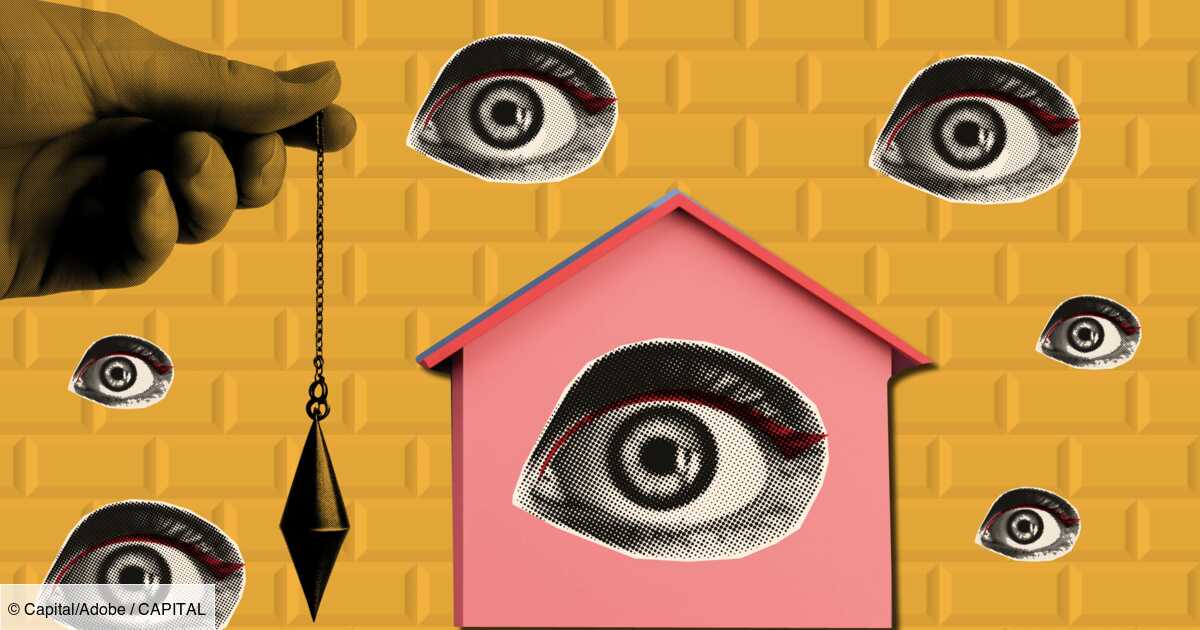
Reading time:
2 min
The right to make mistakes is part of the law for a State serving a trusting society (ESSOC) of August 10, 2018. It gives any person in good faith the right to regularize an error made in a declaration made to an administration. This right applies in particular when an error is made during the income tax return. Definition, conditions, implementation… zoom on this right to make mistakes.
Capital Video: Right to administrative error: definition, conditions and procedures
© AntonioDiaz
– Contact the relevant administration to benefit from the right to make mistakes
What is the right to administrative error?
Definition
Any error made in the context of a declaration to the administration can be corrected without any sanction being imposed. This is what is called the right to administrative error. In this context, the author of the error can spontaneously regularize his error without risking a financial penalty or even the deprivation of a social benefit due.
For example, a person who receives housing benefit (APL) and who forgets to declare their move will not lose the right to this benefit if they spontaneously correct their error with the CAF.
ESSOC Law
The principle of the right to make mistakes was established by the law for a State serving a trusting society (ESSOC) of August 10, 2018. It is based on a presumption of good faith. Each individual can rectify, spontaneously or during an inspection, an error made in good faith. The burden of proof is reversed, it is up to the administration to demonstrate the bad faith of the user.
How to obtain your tax notice?
Which French administrations allow for error?
The right to make mistakes is granted by all administrations:
- State administrations, local authorities.
- Their public administrative establishments.
- Organizations responsible for an administrative public service mission.
The right to make mistakes therefore applies to ministries, prefectures, town halls, family allowance funds, France Travail, tax services, etc.
What is the right to make mistakes in tax matters?
Regularize your situation with taxes
In tax matters, the right to make mistakes consists of regularizing one’s situation without paying a penalty, as soon as an inaccuracy or omission in a tax return, for example in one’s income tax return, has been committed. Schematically, the taxpayer must pay the additional tax due, resulting from the regularization carried out, to which late payment interest may be added, but no increase or fine.
Benefit from a 50% reduction in the late payment interest rate
Please note that a taxpayer who spontaneously files a corrective declaration may benefit from a 50% reduction in the late payment interest rate. The right to tax error concerns inaccuracies or omissions committed in good faith in declarations filed within the time limits.
Cases where the right to make mistakes does not apply
On the other hand, it does not apply:
- On late filing of a declaration.
- To a late payment.
- To errors or inaccuracies committed deliberately.
Regularization can occur at any time, even during a tax audit by correcting the previous declaration which contains the error.
>> Our complete tax guide. How to declare your income? How to reduce your tax bill through investments? What to do in the event of an administrative audit?
How to benefit from the right to make mistakes?
Terms
The benefit of the right to make mistakes requires the meeting of three conditions, namely:
- Ignoring a rule or making a mistake for the first time.
- Regularize the situation on its own initiative or at the request of the administration concerned within a given time frame.
- Be in good faith.
Cases where conditions do not apply
Note that, even if these three conditions are met, the right to make mistakes does not apply:
- If the error is gross or indicates serious negligence.
- If the error cannot be corrected.
- Whether the sanction is criminal or whether it is provided for by European Union law or a contract.
- If public health, the environment, the safety of people or property are at risk.
- If there is a specific procedure for regularizing errors made.
Overpayment from CAF: reimbursement, dispute and sanctions
How to invoke the right to make mistakes?
Contact the relevant administration (Caf, Urssaf, Pôle emploi, etc.)
If you wish to exercise your right to make a mistake, simply contact the relevant administration on your own initiative to regularise the situation. In some cases, the administration itself will invite you to regularise your error within a given time period.
See “Oops, I made a mistake”
The government provides citizens with a platform, “Oops, I made a mistake”, to avoid making mistakes in their administrative procedures. It is aimed at individuals and professionals and allows them to obtain advice based on their profile.
Receive our latest news
Every week, the key articles to accompany your personal finance.










